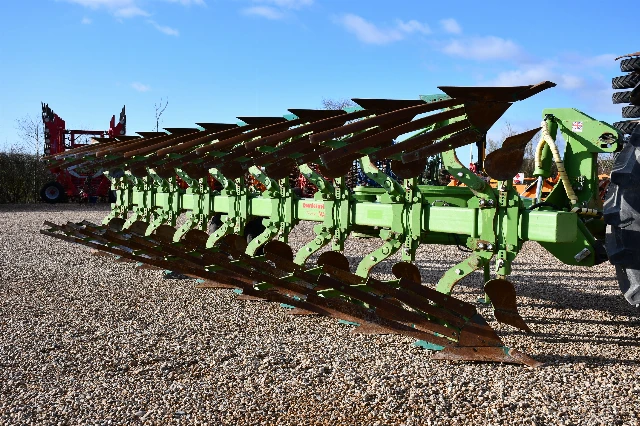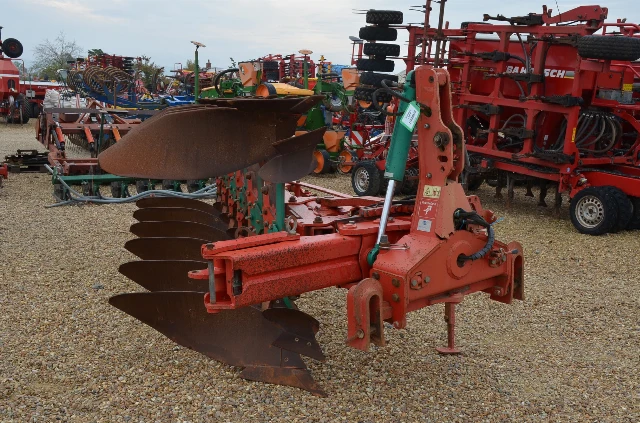Home
Machinery Brands
View All Brands
ACCORD
AMAZONE
BAILEY
BOMFORD
CHIEFTAIN
CLAAS
CLAYDON
COUSINS
DALBO
DOWDESWELL
GREAT PLAINS
HE-VA
HORSCH
IDROFOGLIA
JOHN DEERE
KOCKERLING
KONGSKILDE
KUHN
KVERNELAND
LELY
LEMKEN
MCCONNEL
MOORE
MZURI
OPICO
QUIVOGNE
RICHARD WESTERN
SIMBA
SPALDINGS
STOCKS AG
SUMO
TOROX
TWOSE
VADERSTAD
WEAVING
Farm Machinery for Sale
View All Machinery
New Machinery In Stock
Coming Soon Machinery
Seasonal Stock
Reduced Price Machinery
Agricultural Irrigation (2) Cultivators (94) Discs (11) Drills (67) Grassland (14) Miscellaneous Parts (15) Other Equipment (9) Ploughs (23) Power Harrows (8) Presses (19) Rolls (8) Sprayers & Spreaders (9) Subsoilers (20) Tractors and Vehicles (3) Trailers (32)
Agricultural Irrigation (2) Cultivators (94) Discs (11) Drills (67) Grassland (14) Miscellaneous Parts (15) Other Equipment (9) Ploughs (23) Power Harrows (8) Presses (19) Rolls (8) Sprayers & Spreaders (9) Subsoilers (20) Tractors and Vehicles (3) Trailers (32)
Hire Agricultural Machinery
Sell your Farm Machinery
Gaydon Farm, Kineton Road, Gaydon, Warwick CV35 0EP
+44 (0) 1926 640 637
sales@amtec.co.uk

































